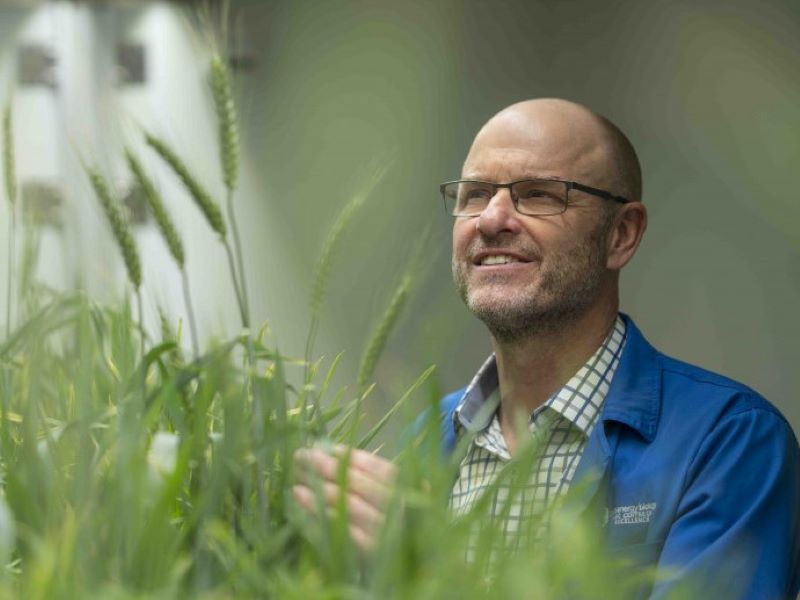Blocking humanities projects damages other research disciplines and is “inconsistent” with the federal government’s demand for academic freedom in Australian universities, according to one of the country’s most eminent researchers.
Australian National University Professor Barry Pogson, an Australian Research Council (ARC) Laurette Fellow, was among the recipients of the latest round of Discovery Project grants.
But his personal success is mixed with “incredible disappointment” after the government minister responsible for approving the funding blocked six other projects on “national interest” grounds.

Professor Pogson, who leads the ARC Training Centre for Accelerated Future Crops Development, has joined hundreds of other academics in condemning the intervention, which blocked peer reviewed and independently recommended projects from receiving funding.
The latest vetoes, revealed on Christmas Eve by acting Education Minister Stuart Robert, follow a similar incident in 2018, when then-Education minister Simon Birmingham blocked 11 humanities and arts projects worth $4.2 million.
Professor Pogson told InnovationAus further pressure on humanities has consequences beyond the discipline, because it is such a fundamental part of almost all research.
“We all need social scientists to inform society and help STEM researchers to make sure that what they do is actually of utility and that it meets societal expectations and societal requirements.” Professor Pogson said.
The latest intrusion on humanities research also comes after the government passed contentious laws in 2020 which made fees for social science degrees more than double while reducing fees in areas like nursing, mathematics and science teaching.
The government has also made it clear it expects universities to commercialise more of their research and has made changes to grant funding criteria to give more weight to translation and industry benefit.
The changes are part of a push to create more “job ready” graduates and to turn university research into products and services, but have sparked fears it could come at the expense of basic research and non-science and technology fields.
According to Professor Pogson, the latest translation push may not be giving enough consideration to the value of humanities to the process.
“Without the guidance of humanities the commercialisation of science discoveries could fail or more than fail, it could be damaging. I think this is something that’s not well understood — the importance of humanities’ insight,” he said.
On Friday, the Academy of the Social Sciences in Australia, slammed the minister’s intervention and compared it to a series of grant funding politicisation scandals.
President of the Academy, Professor Richard Holden said it was certain the minister had not adequately assessed the 50-plus page applications and instead vetoed them for “ideological or political reasons”.
“This is almost identical to the political overreach we’ve seen in recent community infrastructure funding decisions: ministers reviewing lists of investment recommendations based on comprehensive evaluation of business cases, and choosing to over-rule the experts to advance their own ends,” Professor Holden said.
The minister has declined to explain his reason for vetoing six projects beyond his claim they “do not demonstrate value for taxpayers’ money nor contribute to the national interest”.
The ANU’s Professor Pogson said the basis of vetoes seems to be “inconsistent” with the federal government’s stance on academic freedom.
In October last year, then-Education Minister Alan Tudge required all 41 Australian universities to apply a model code of academic freedom to their enterprise agreements and to publicly report each year on how they are upholding academic freedom.
“We should be able to have that free robust speech. If you can’t have free, robust speech at universities, where do you have free, robust speech?” Mr Tudge said at the time.
But this stance is called into question by ministers unilaterally rejecting funding for peer reviewed, expert recommended research projects, Professor Pogson said.
“The [academic freedom code] principles are that an academic should be able to speak out on an issue of which they’re an expert…If you’re not funding humanities research, then they can’t speak out on issues that they should be speaking out on because they don’t have the data.”
Do you know more? Contact James Riley via Email.

